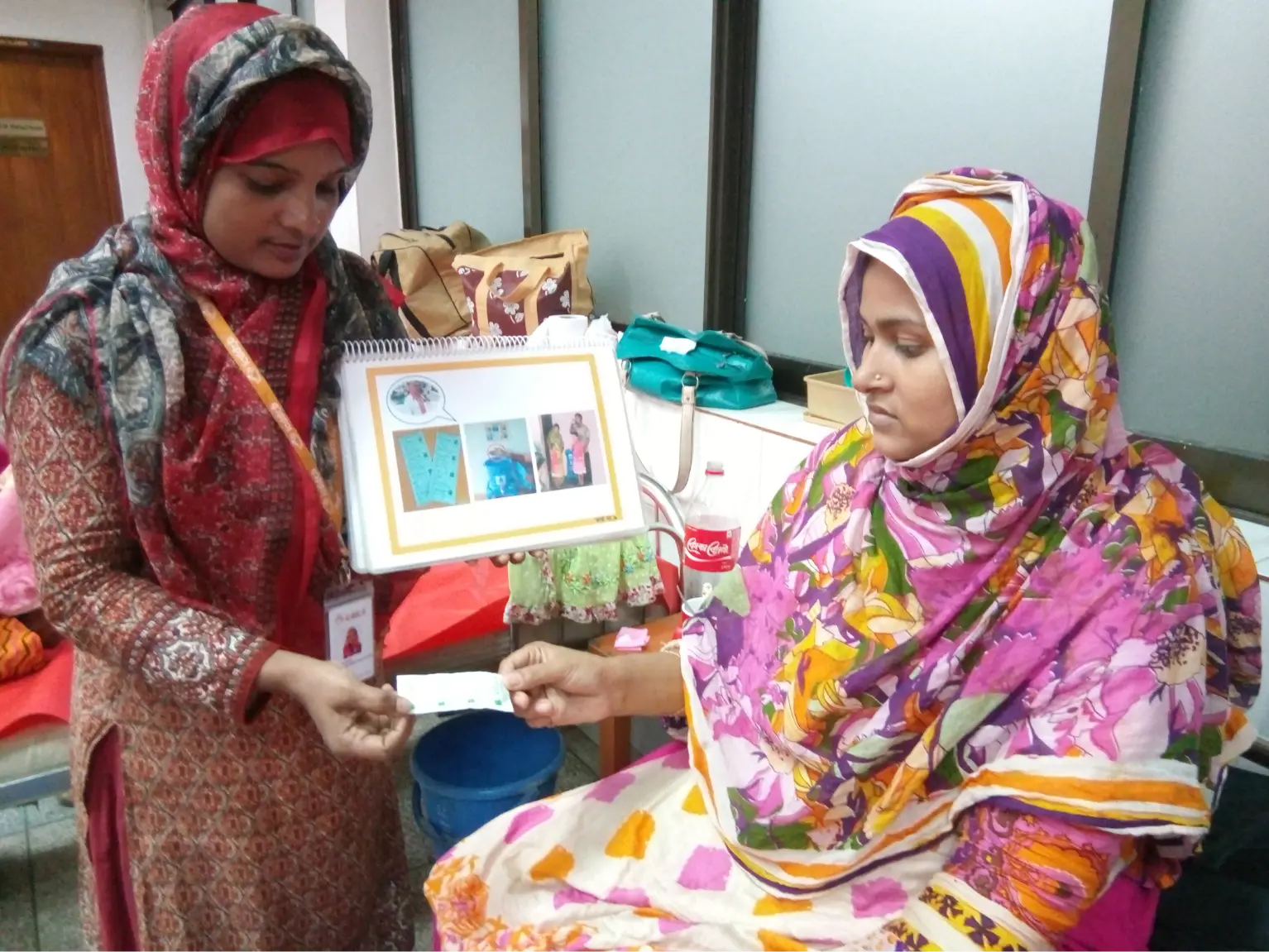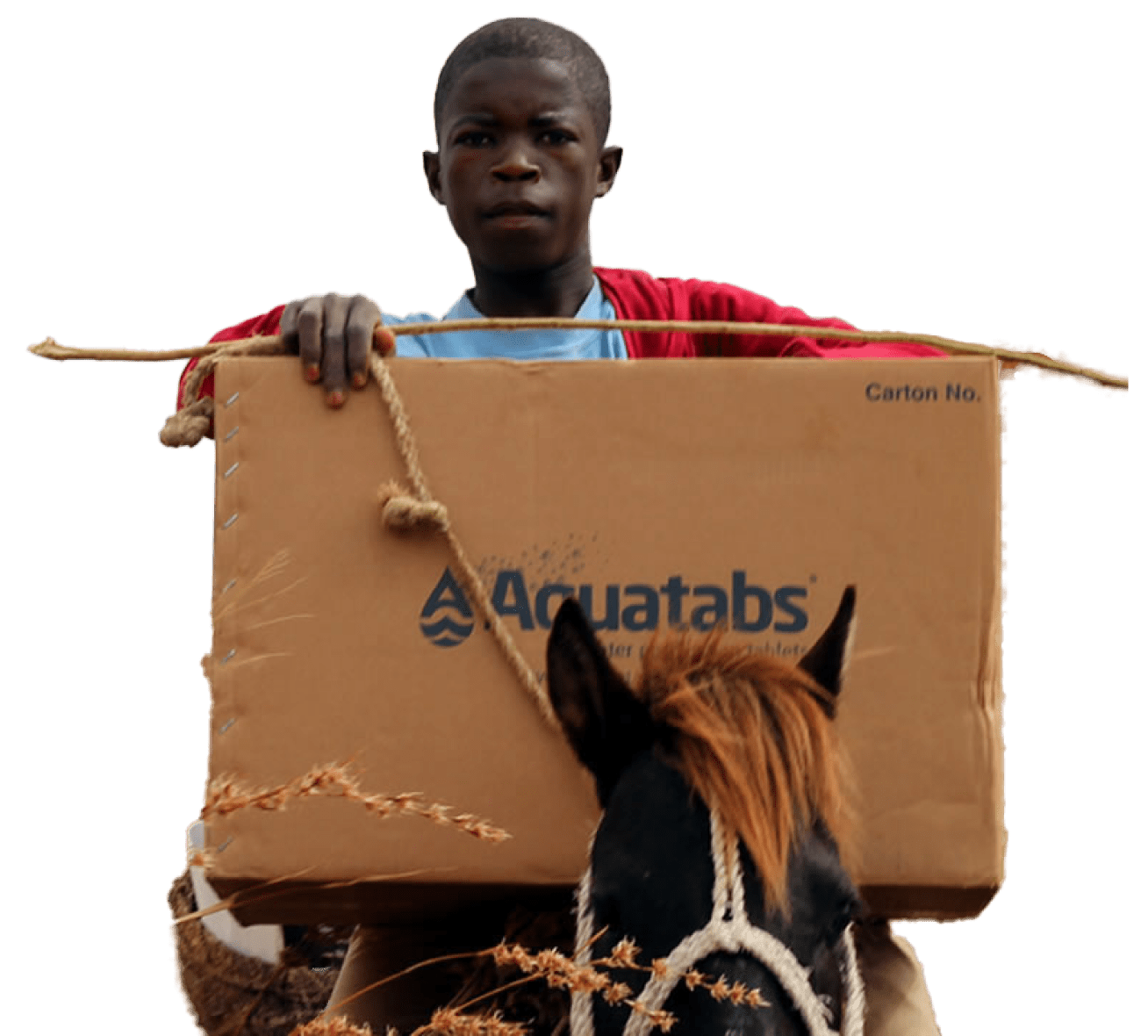Globally, diarrheal diseases are estimated to cause 1.6 million deaths annually. In Bangladesh, diarrheal diseases are common in children under 5 years old. Diarrheal-related mortality is directly linked to improper sanitisation and access to potable water. In efforts to develop a standard of care for reduction of diarrheal diseases, a Cholera Hospital-based intervention was carried out in Dhaka, Bangladesh (CHoB17). This 7-day WASH intervention focused on promotion of handwashing and improvement of drinking water quality. The CHoB17 WASH programme was carried out over a 12 month period to determine if diarrheal patient houses could significantly reduce diarrhoea and improve childhood growth.
Diarrheal patients were recruited from 2 healthcare facilities. In this study, the standard recommendation given to diarrhoea patients at the time of hospital discharge, that is, oral rehydration solutions, was compared to the CHoB17 Health programme. The CHoB17 programme was carried out with or without the addition of 2 home visits throughout the high-risk period (first week of symptoms after hospital discharge). The CHoB17 programme included WASH-related voice and text messages weekly for 12 months. The CHoB17 programme targeted 5 key behaviours:
- Preparing of soapy water using water and detergent powder.
- Handwashing with soap at food and stool related events.
- Treating household drinking water using chlorine tablets during high-risk periods.
- Storing safe drinking water.
- Heating household drinking water until it reaches a rolling boil after the 1-week period.
The primary outcomes of this study were the prevalence of diarrhoea among children <2 and <5 years old. Compared to the standardised hospital recommendation, children <5 had a significantly lower 12-month diarrhoea prevalence (up to 4% less diarrheal incidence) when the CHoB17 programme was implemented. This reduction was more apparent when considering children under 2 years old, where those children who took part in the programme had 8% less diarrheal incidence. Children under 2 years old were significantly less likely to be stunted when implementing the intervention when compared to the control grouping.
In conclusion, the CHoBI7 mHealth program lowered paediatric diarrhoea and stunting among diarrhoea patient households and improved household stored drinking water quality over a 12-month period.
References
- GBD 2016 Diarrhoeal Disease Collaborators. Estimates of the global, regional, and national morbidity, mortality, and aetiologies of diarrhoea in 195 countries: a systematic analysis for the Global Burden of Disease Study 2016. Lancet Infect Dis 2018; 18:1211–28
- Economic costs of hospitalized diarrheal disease in Bangladesh: a societal perspective | Global Health Research and Policy | Full Text (biomedcentral.com)
- Sarker, Abdur Razzaque, et al. “Economic Costs of Hospitalized Diarrheal Disease in Bangladesh: A Societal Perspective.” Global Health Research and Policy, vol. 3, no. 1, 5 Jan. 2018, 10.1186/s41256-017-0056-5. Accessed 27 Oct. 2020.


